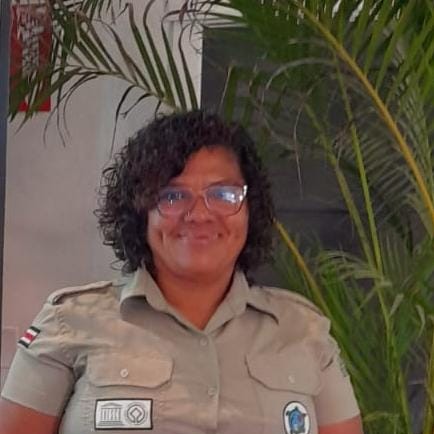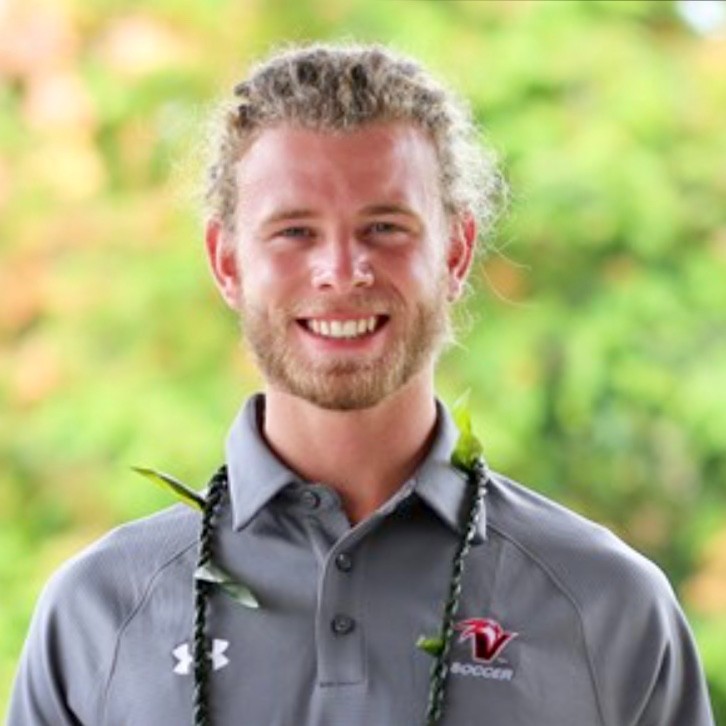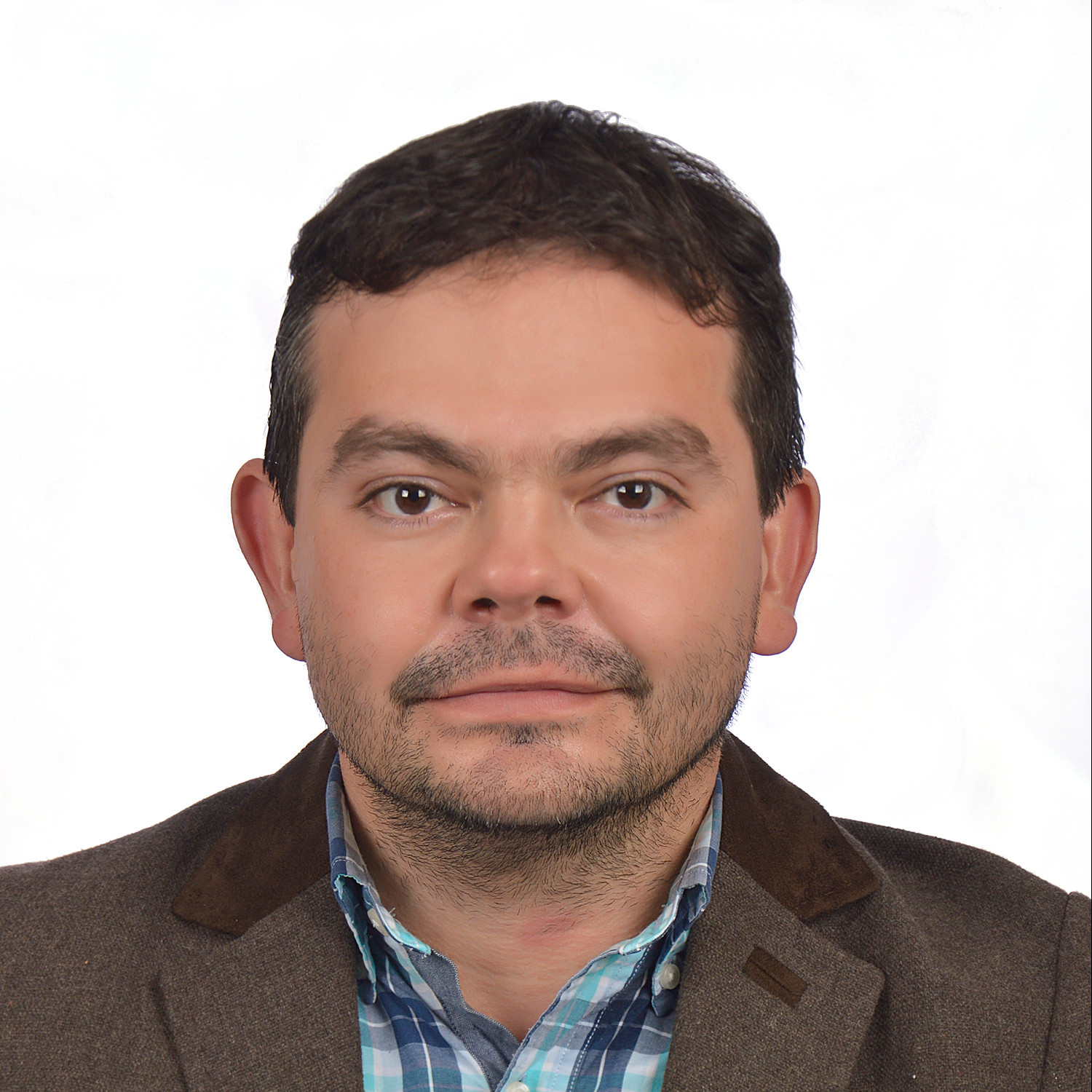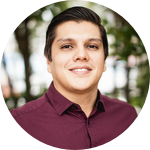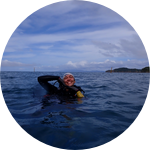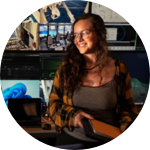About This Project
Costa Rica lacks extended time series of oceanographic data. To address this issue, our goal is to deploy and maintain an array of smart mooring devices that will provide real-time data of temperature, waves and wind. We aim to describe how these variables associate to coastal erosion/coral bleaching in the Caribbean and coastal upwelling/ENSO coupling in the Pacific. Our mission is to provide open-access data to improve management of Marine Protected Areas and blue economy projects.
Ask the Scientists
Join The DiscussionWhat is the context of this research?
Long-term ocean observations in Costa Rica are insufficient, leading to a lack of baseline criteria for marine resource management. In 2019, our team recorded one of the country's largest coral bleaching events while developing coral reef research and restoration in Cahuita National Park. However, we were unable to assess the event's impact due to the absence of baseline data and knowledge about the involved oceanographic mechanisms. As a result, we launched this project to address this issue and improve our understanding of processes impacting coastal areas, including critical erosion, upwelling, and ENSO coupling. This effort will also provide valuable insights into blue economy activities and management in protected areas on both Pacific and Caribbean coasts.
What is the significance of this project?
Improving access to oceanographic databases is crucial to understand and predict changes in ocean conditions over time. We will deploy and give maintenance to sensors that transmit real time data to a online system, with the goal of using this information for management purposes. This data will enable us to anticipate specific changes that may trigger coral reef bleaching, mass mortality and take proactive measures to safeguard vital ecosystems and blue economy projects. We will establish a network of professionals that will work to integrate oceanographic data practices and design an online database. We work with local communities/organizations and develop capacity to raise awareness about the usages of ocean data and prevent technology vandalism.
What are the goals of the project?
The funds will be used to acquire equipment, cover maritime operations and pay students and researchers time. We aim to deploy instruments to generate long term data series of real-time bottom/surface temperature, waves and wind. Time series will be processed to filter tide influence, characterize variability and their correlation. This will be complemented with visual records of nearby corals, data of coastline morphology and sea surface temperature. Our project aims to understand how these variables are linked to coastal erosion and coral bleaching in the Caribbean coast and coastal upwelling/ENSO coupling in the Pacific coast. Continuos datasets will make possible to have cost-efficient monitoring, predictions and management in the long term.
Budget
Our project seeks to install marine technology and develop capacity in communities associated with MPAs. Funds will be critical to allocate smart mooring systems that are covered by partners. The budget will help to pay expenses of shipping fees. Resources will cover coordination with stakeholders to get permits/official documentation. Deployment operations will be paid including boat time, scuba equipment, accommodation, food and filming. Once the systems are installed, maintenance kits will be purchased and given to local leaders that will lead the monthly maintenance and every 3 months we will use budget to cover extensive maintenance. Part of the funds will be used for stipends of two students leading fieldwork. The rest of the funds will be used for events to engage local communities and also the design of a digital platform for data sharing and visualization. This will set the ground to obtain other technologies in the future such as deep sea cameras, Argo floats and ROV's.
Endorsed by
 Project Timeline
Project Timeline
In 1 year, we plan to deploy a smart mooring system in the North Pacific of Costa Rica, and at least two more systems to be shipped in the Central Pacific and South Pacific regions. We will conduct at least 4 maintenance/outreach fieldtrips to the mooring sites. The network of institutions will be consolidated, and we will develop data management plans and protocols. A wireframe for the online database repository will be developed.
Apr 15, 2023
Project Launched
May 30, 2023
Deployment of Smart Mooring system in North Pacific region
May 30, 2023
Second maintenance fieldtrip to system in Cahuita National Park
Aug 01, 2023
Third maintenance fieldtrip to system in Cahuita National Park
Sep 01, 2023
Shipping of at least two smart mooring systems and configuration/setup
Meet the Team
Affiliates
Affiliates
Affiliates
Affiliates
Affiliates
Team Bio
We are a multidisciplinary research team dedicated to defending, conserving and restoring the ocean. We integrate science, art and technology with the purpose of involving society in marine sustainable management. Our ideas and attitudes are shaped by our respect for the sea. We value scientific criteria and strive to share knowledge with credibility. We take action to achieve our goals and believe in the power of collective action.
Sergio Cambronero-Solano
Sergio is an associate professor at the Department of Physics of Universidad Nacional, Costa Rica and director of development at local NGO Colectivo Internacional Pelagos Okeanos. He has a B.Sc in Marine Biology from Universidad Nacional, same institution where he got a Lic. in Marine Resource Management. He is co-author of 8 scientific papers, mainly about oceanography and ecology. His research and communication efforts focus on physical oceanography, data science, ecological connectivity, resource management and conservation of deep sea environments. As an early career professional, Sergio is interested to study benthic-pelagic coupling in the open ocean and advancing capacity in the LATAM region through marine technology, science diplomacy and youth leadership.
Ariel Cordero Soto
Ariel has a background in computer science engineering and co-founded an NGO focused on a social impact to preserve, defend and manage marine resources with communications, technology and science. He is a problem solver with a passion for designing and building innovative technological solutions. He is skilled in a variety of engineering disciplines and continuously seeks opportunities to learn and expand his knowledge. He creates communication systems that facilitate seamless connectivity and information sharing among organizations and communities. He is a detail-oriented, has a solid grasp of project management methodologies, and is a natural leader and collaborator in fast-paced environments where teamwork is essential.
Addy Echevarria Figueroa
Addy is a young early career professional currently developing her thesis on coral restoration working with local project Culebra Reef Gardens in the North Pacific region of Costa Rica. She is an skilled diver with passion for coral reef research, with emphasis in genetics and eco-physiology. Addy works as an assistant student in the Laboratory of Oceanography and Coastal Management of UNA where she has gained knowledge on oceanography and data processing. She is a coordinator in this project, leading administrative efforts, fieldtrips logistics and data processing.
Jeremy Vargas Badilla
Jeremy is an audiovisual director whose vocation has always been communication through visual media. From a very young age, he developed a passion for topics related to nature and conservation. In 2018, he connected his vocation with his passion by joining the NGO Pelagos as the Director of Studio Pelagos, the department responsible for communication and the production of audiovisual content.
Beatriz Naranjo-Elizondo
Beatriz is a marine biologist who graduated from the University of Costa Rica, with expertise in fish ecology, fisheries research, and the exploration of mesophotic and deep-water biodiversity for over ten years, having co-authored 15 scientific papers (see published research). She is part of the Colectivo Internacional Pelagos Okeanos, where her main interest is to enhance scientific and educational capabilities in marine biodiversity, as well as access to information. She is passionate about using technology to enhance scientific and educational progress and has combined her scientific background with studies in Full-Stack web development, as well as Science Communication and Public Engagement, to create innovative solutions that bridge different fields. She is particularly interested in exploring how technology can be used to advance marine conservation efforts. Beatriz has worked as a researcher at the University of Costa Rica and as an independent consultant for various organizations engaged in marine conservation.
Project Backers
- 8Backers
- 100%Funded
- $10,150Total Donations
- $1,268.75Average Donation
